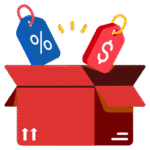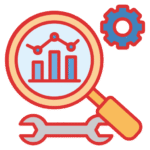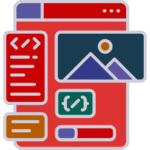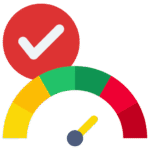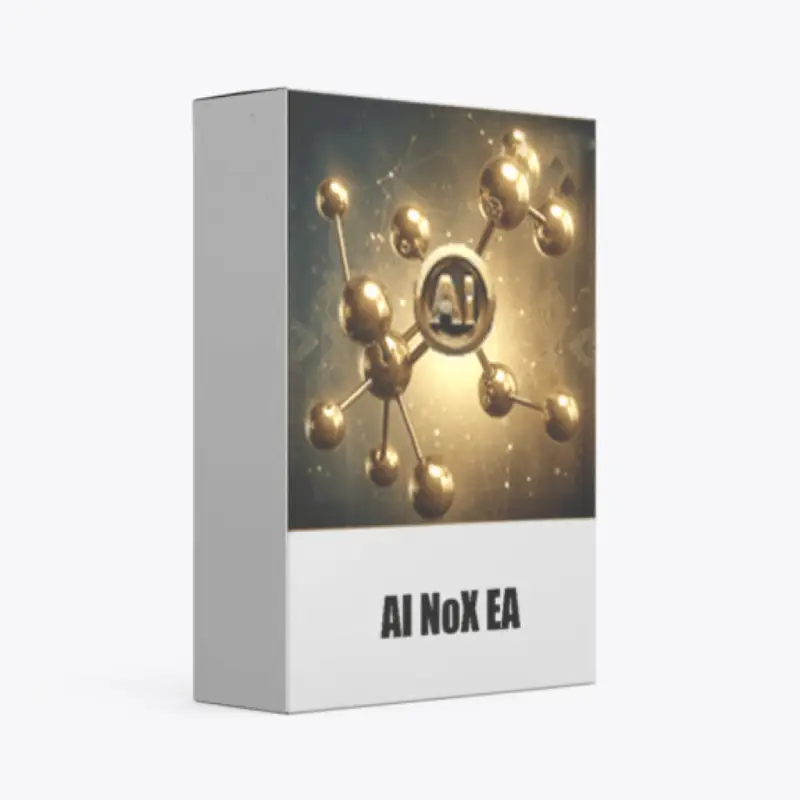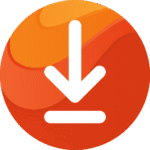What is Forex Market & How Does It Work? Forex guide for beginners
The Ultimate Guide to Understanding the Forex Market: A Beginner’s Journey
Forex Market Introduction-
The Forex market, also known as the foreign exchange market, is the backbone of international finance. With a daily trading volume of over $6 trillion, it connects economies, businesses, and individuals worldwide. This guide will break down the complexities of the Forex market into easily digestible insights. You’ll learn how it works, the steps to get started, and why it remains one of the most attractive financial markets globally.
What is the Forex Market?
The Forex market is a decentralized global marketplace where currencies are bought, sold, and exchanged. It serves various purposes, from facilitating international trade to enabling investment opportunities. Major participants include governments, central banks, financial institutions, corporations, and individual traders. Unlike stock markets, Forex operates 24/5, reflecting its global nature.
What is the Forex Market and How Does It Work?
Forex trading involves the simultaneous buying of one currency and selling of another. The goal is to profit from the fluctuations in exchange rates. For instance, if you believe the Euro will appreciate against the US Dollar, you buy the EUR/USD pair. When the exchange rate rises, you sell it to realize a profit. Prices in the Forex market are influenced by supply and demand, economic indicators, and geopolitical events.
How to Get Started in Forex Trading
Getting started in Forex trading involves these key steps:
- Understand Forex Basics: Learn about currency pairs, lot sizes, and pips.
- Choose the Right Broker: Look for brokers offering competitive spreads, good customer support, and reliable platforms.
- Open a Trading Account: Start with a demo account to practice without risk.
- Learn to Analyze the Market: Use tools like technical indicators, charts, and news feeds to make informed decisions.
- Develop a Risk Management Plan: Use stop-loss orders and never risk more than you can afford to lose.
Forex Trading for Beginners
Forex trading is accessible but requires a solid foundation of knowledge and practice. Beginners should focus on understanding trading strategies, leveraging demo accounts, and avoiding emotional trading. Start small, aim for consistent growth, and keep learning.
Forex Trading Apps
Modern technology has made Forex trading more accessible. Leading trading apps like MetaTrader 4, MetaTrader 5, and cTrader provide features such as:
- Real-time market data
- Advanced charting tools
- Automated trading options
- Customizable alerts
These apps allow traders to monitor and execute trades from anywhere, making them essential tools for beginners and professionals alike.
Best Broker in Forex
Choosing the right broker is crucial to your success. Some top brokers include:
- IG: Ideal for its user-friendly interface and educational resources.
- Interactive Brokers: Perfect for experienced traders with advanced tools.
- Exness & XM: Known for low spreads and flexible leverage options.
When choosing a broker, consider factors like regulation, trading fees, and available platforms.
What is News Trading in Forex?
News trading is a strategy that involves capitalizing on market volatility triggered by economic announcements. Key news events include:
- Central bank interest rate decisions
- Employment data (e.g., Non-Farm Payrolls in the US)
- GDP growth reports
For example, a stronger-than-expected GDP report for the US may cause the USD to appreciate. News trading requires fast execution and a deep understanding of market reactions.
Why Trade Forex?
Forex offers several advantages:
- Liquidity: High volumes ensure ease of entry and exit.
- Flexibility: Trade 24/5, accommodating various time zones and schedules.
- Leverage: Amplify potential returns with smaller capital.
- Diverse Opportunities: Trade a wide range of currency pairs and instruments.
These features make Forex appealing to traders of all experience levels.
Forex Market Live
The live Forex market operates continuously, with trading sessions corresponding to global financial hubs like Tokyo, London, and New York. Real-time data feeds and trading platforms provide up-to-the-minute price changes, helping traders make timely decisions.
Who Controls the Forex Market?
The Forex market is decentralized, meaning no single entity has full control. However, major influences include:
- Central Banks: Setting monetary policies that impact currency values.
- Commercial Banks: Facilitating large-scale currency transactions.
- Institutional Traders: Managing forex investments for clients.
While retail traders are a small part of the market, their influence is growing with technological advancements.
Risks of Forex Trading
Forex trading comes with risks, including:
- High Leverage: Amplifies both potential gains and losses.
- Market Volatility: Sudden price changes can lead to significant losses.
- Psychological Pressure: Emotional trading often leads to poor decisions.
Mitigate these risks by using proper risk management techniques, such as setting stop-loss orders and trading only what you can afford to lose.
What is Forex Market Example?
An example of Forex trading is exchanging USD for GBP. If the exchange rate is 1.25, you need $1.25 to buy 1 British Pound. If the rate later rises to 1.30, selling GBP back to USD yields a profit due to the increased value of GBP.
Factors That Influence Forex Market Prices
Currency values are shaped by:
- Economic Data: Reports like inflation, employment, and retail sales.
- Interest Rates: Higher rates generally attract investors to a currency.
- Political Stability: Stable countries tend to have stronger currencies.
- Speculation: Market sentiment often drives short-term price movements.
How Does the Forex Market Work?
Forex trading involves speculating on currency price movements. It operates via a network of banks, brokers, and traders rather than a centralized exchange. Traders use platforms to buy and sell currencies, aiming to profit from price fluctuations.
The Forex Market is Used to Transact For
- International Trade: Companies exchange currencies to buy goods from abroad.
- Travel and Tourism: Travelers exchange currencies to spend in foreign countries.
- Investments: Investors diversify portfolios with foreign assets.
- Speculation: Traders profit from exchange rate movements.
Conclusion
The Forex market is vast and dynamic, offering opportunities for those willing to learn and practice. Whether you’re trading for profit, hedging risks, or facilitating business, understanding its intricacies is the first step toward success. With the right tools, strategies, and mindset, anyone can participate in the Forex market effectively.

